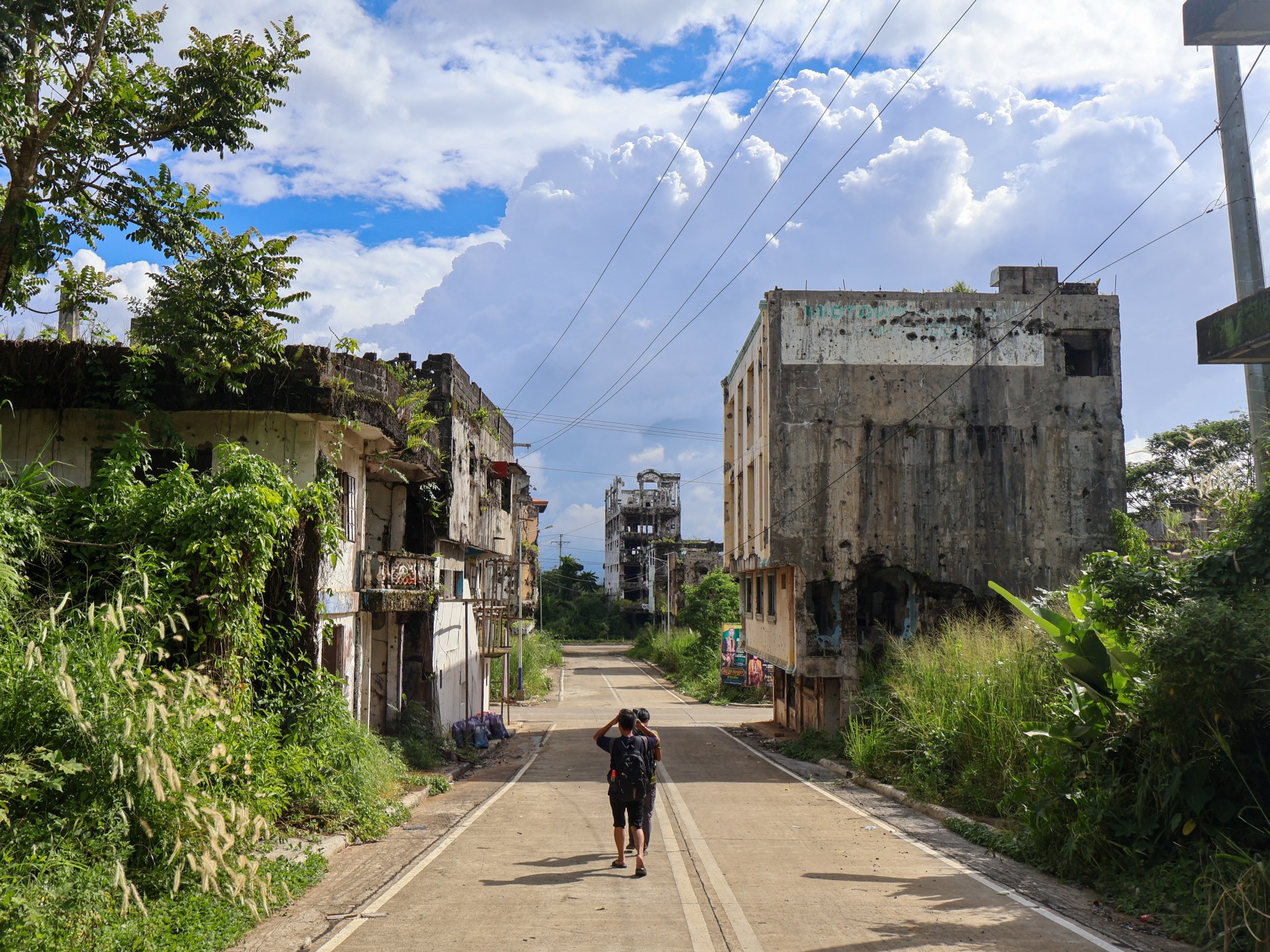Berlin Germany – More than 500 artists, filmmakers, writers and cultural workers from around the world have announced a push against Germany's stance on Israel's war in Gaza, calling on creatives to stop collaborating with associations funded by the German state.
Launched this week, the campaign, backed by French author and Nobel Prize winner Annie Ernaux and Palestinian poet and activist Mohammed El-Kurd, alleges that Germany has adopted “McCarthyist policies that suppress freedom of expression, specifically expressions of solidarity with Palestine.” .
Other artists involved include American actress Indya Moore, British Turner Prize winner Tai Shani and Lebanese alternative rock singer Hamed Sinno of the popular disbanded group Mashrou' Leila.
The actions of the German authorities during the last 97 days of war, the signatories say, have had a chilling effect on the entire country, especially in the arts.
“At a time when Palestinians are being massacred by a German-backed army at an unprecedented rate, and at a time of increasing totalitarianism in German institutions, it is more important than ever for good people to reject anti-Palestinian racism assertive and public. and boycott organizations that spread or cover that racism,” El-Kurd told Al Jazeera.
“There can be no business as usual during the genocide and there can be no collaboration with those who deny, justify or participate in the Israeli genocidal campaign currently being waged against the Palestinian people in the besieged Gaza Strip. It is our moral responsibility.”
The protest, called Strike Germany, is a response to the continued brutal Israeli attack on Gaza that since October 7 has killed more than 23,000 Palestinians, almost 10,000 of them children. It aims to draw attention to Germany's alleged crackdown on Palestinian advocacy, which has been widely reported amid the latest escalation of the Israel-Palestine conflict.
Symbols of support for Palestine have been banned, authorities in Berlin have banned demonstrations and, in a move that was widely condemned as discriminatory, the German president has called on Arabs to distance themselves from Hamas.
The artist-led coalition demands that German authorities protect artistic freedom.
“Cultural institutions are monitoring social media, petitions, open letters and public statements for expressions of solidarity with Palestine to eliminate cultural workers who do not echo Germany's unequivocal support for Israel,” the organizers.
It also calls on German institutions to combat structural racism, referencing Germany's 2019 resolution against the Boycott, Divestment and Sanctions (BDS) campaign.
If a group of artists heeded the call, German cultural events such as the upcoming Berlin Film Festival, as well as associations such as the Goethe-Institut and museums such as Gropius Bau would be affected.
“Strikes and boycotts are often effective in instigating political change,” Phillip Ayoub, professor of political science at University College London, told Al Jazeera.
“They disrupt existing power structures and, if done effectively, mobilize public support. At the very least, they raise awareness about social issues and amplify the voices of those who advocate for them.”
He said that in the case of Germany's “unbalanced and increasingly isolated response to the humanitarian catastrophe in Gaza,” the latest campaign could challenge an “entrenched status quo that academics and artists increasingly criticize for being blind to Palestinian suffering.” and dehumanize their lives.
Fearing personal or professional reprisals, one striking artist who requested anonymity said the artists' withdrawal represents “the refusal to honor Germany's absolute and unconditional support for the State of Israel.”
“Generous public funding for culture has been a trap. It has allowed the German State to censor, control and punish those it considers ideologically out of the ordinary,'” said the artist. “Withdrawing means refusing to be an ornament for a state that imagines itself as a center of progressive and open-minded culture, but that prohibits expressions of support for a people facing genocide. “A genocide armed, in part, by the German State itself.”











